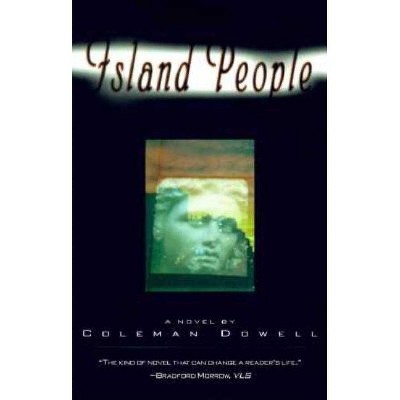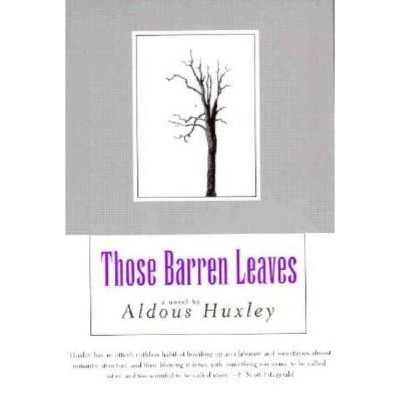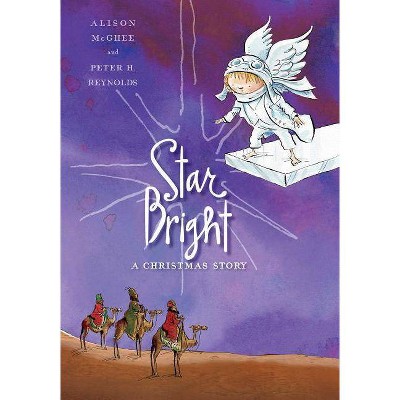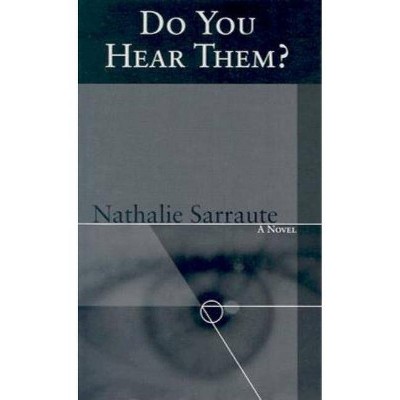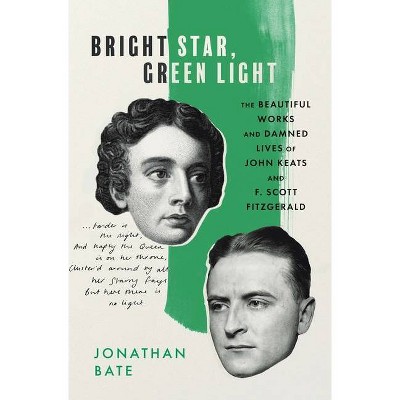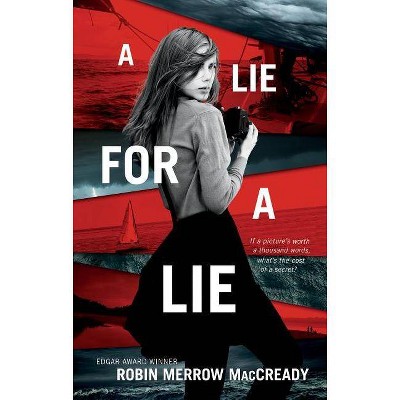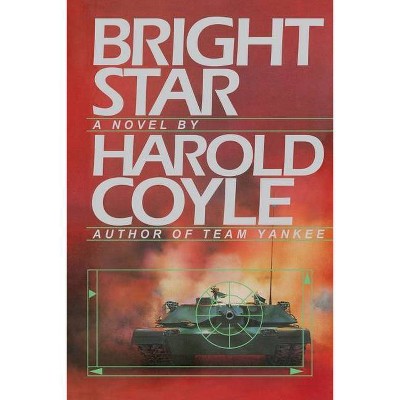Star-Bright Lie - by Coleman Dowell (Hardcover)
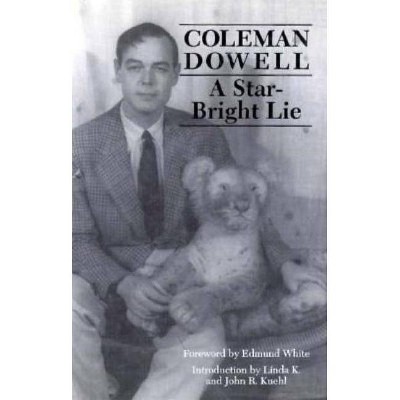
Similar Products
Product info
<p/><br></br><p><b> Book Synopsis </b></p></br></br>A Star-Bright Lie recounts the age-old story of the young provincial who comes to New York and is dazzled and betrayed by the bright lights of Broadway, but with a few kinks to the story: the provincial in this case was gay and would later develop into one of America's finest novelists. Coleman Dowell left Kentucky for New York in 1950 and spent the next decade trying to make it in the big city. With the same stylish verve and searching analysis that illuminate his fiction, Dowell recounts his frustrating experiences in show biz: early success as staff composer for a TV show (to which he was recommended by Tennessee Williams); next, touted as David Merrick's Golden Boy, a failed attempt to adapt O'Neill's Ah, Wilderness! as a musical; several other attempts at a hit on Broadway; and finally, a sabotaged venture at making a musical of Carl Van Vechten's novel The Tattooed Countess. Throughout this memoir are unsparing portraits of Williams, Merrick, Van Vechten, Isak Dinesen, and others of the period. But the real star is Dowell himself: his paranoia, his bedeviled fascination with glamour, his lyric response to nature, his nostalgia for a Kentucky he'd fled and then reinvented, his Gothic sense of horror, his touchy pride, his passion for black men, his alienation from both heterosexual society and the two forms of gay life he'd known (from novelist Edmund White's foreword). Illustrated with eight pages of photographs (many, including the cover, by Van Vechten).<p/><br></br><p><b> From the Back Cover </b></p></br></br>A Star-Bright Lie recounts the age-old story of the young provincial who comes to New York and is dazzled and betrayed by the bright lights of Broadway, but with a few kinks to the story: the provincial in this case was gay and would later develop into one of America's finest novelists. Coleman Dowell left Kentucky for New York in 1950 and spent the next decade trying to "make it" in the big city. With the same stylish verve and searching analysis that illuminate his fiction, Dowell recounts his frustrating experiences in show biz: early success as staff composer for a TV show (to which he was recommended by Tennessee Williams); next, touted as David Merrick's "Golden Boy", a failed attempt to adapt O'Neill's Ah, Wilderness! as a musical; several other attempts at a hit on Broadway; and finally, a sabotaged venture at making a musical of Carl Van Vechten's novel The Tattooed Countess. Throughout this memoir are unsparing portraits of Williams, Merrick, Van Vechten, Isak Dinesen, and others of the period. But the real star is Dowell himself: "his paranoia, his bedeviled fascination with glamour, his lyric response to nature, his nostalgia for a Kentucky he'd fled and then reinvented, his Gothic sense of horror, his touchy pride, his passion for black men, his alienation from both heterosexual society and the two forms of gay life he'd known" (from novelist Edmund White's foreword). Illustrated with eight pages of photographs (many, including the cover, by Van Vechten).
Price History
Price Archive shows prices from various stores, lets you see history and find the cheapest. There is no actual sale on the website. For all support, inquiry and suggestion messagescommunication@pricearchive.us
